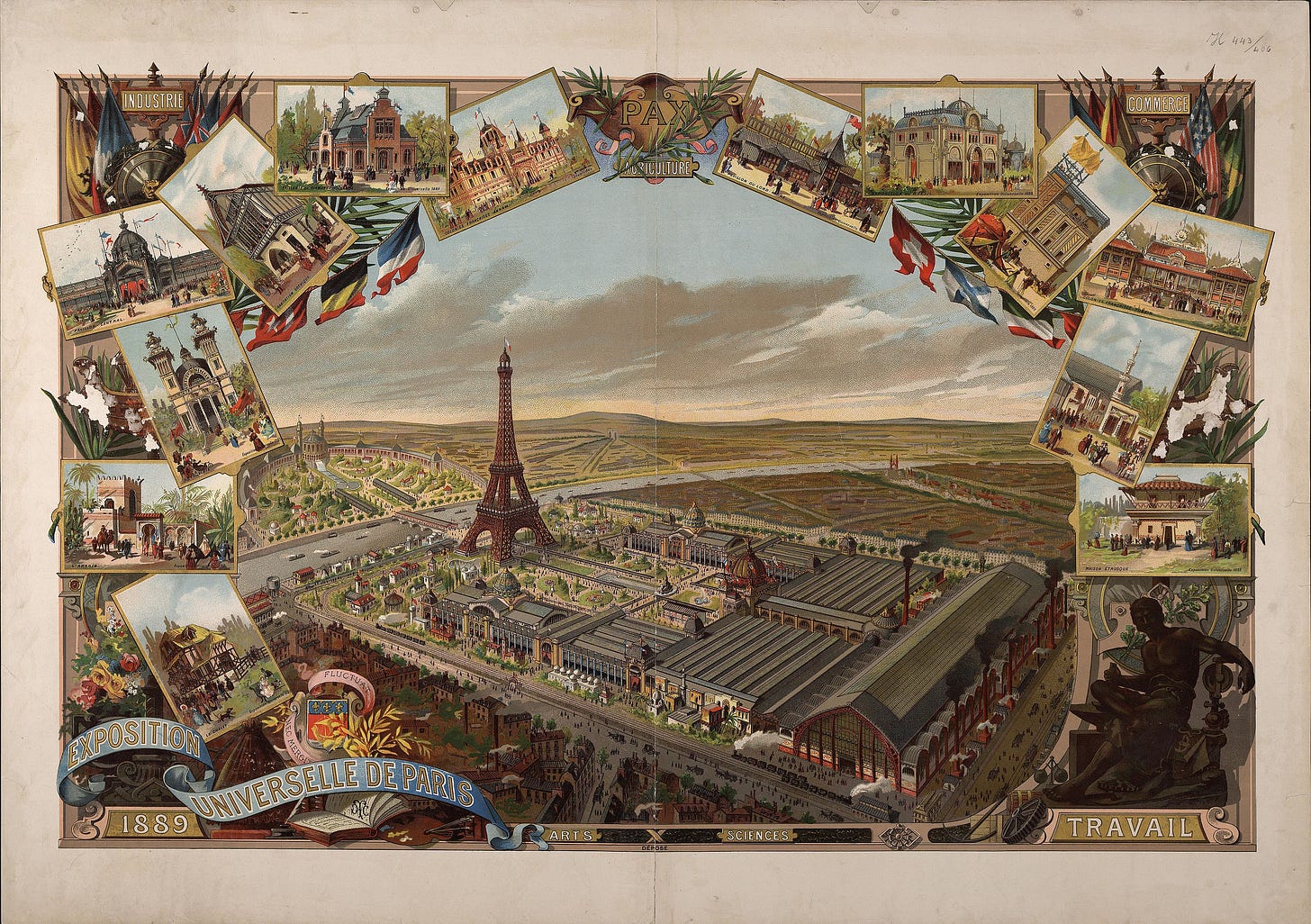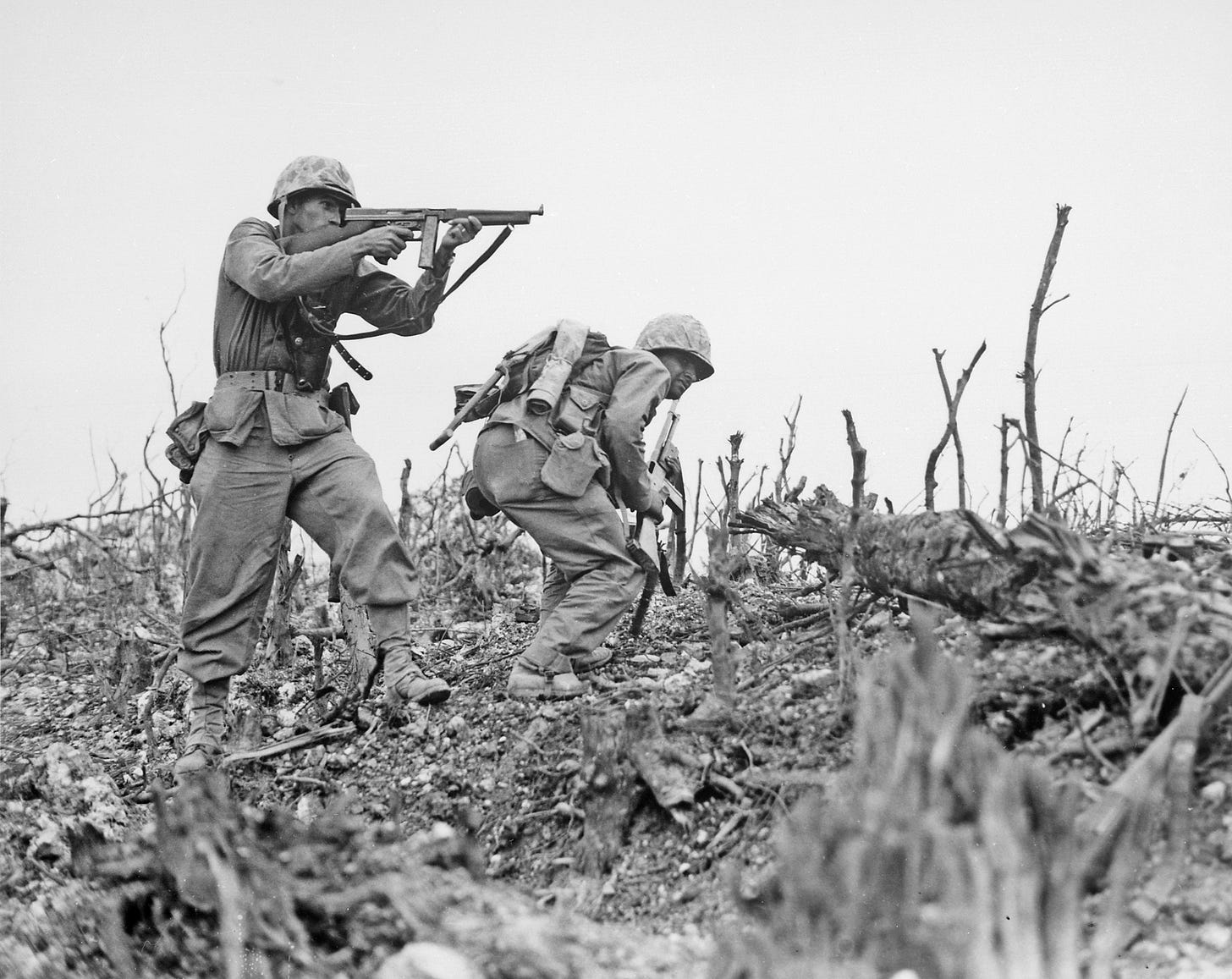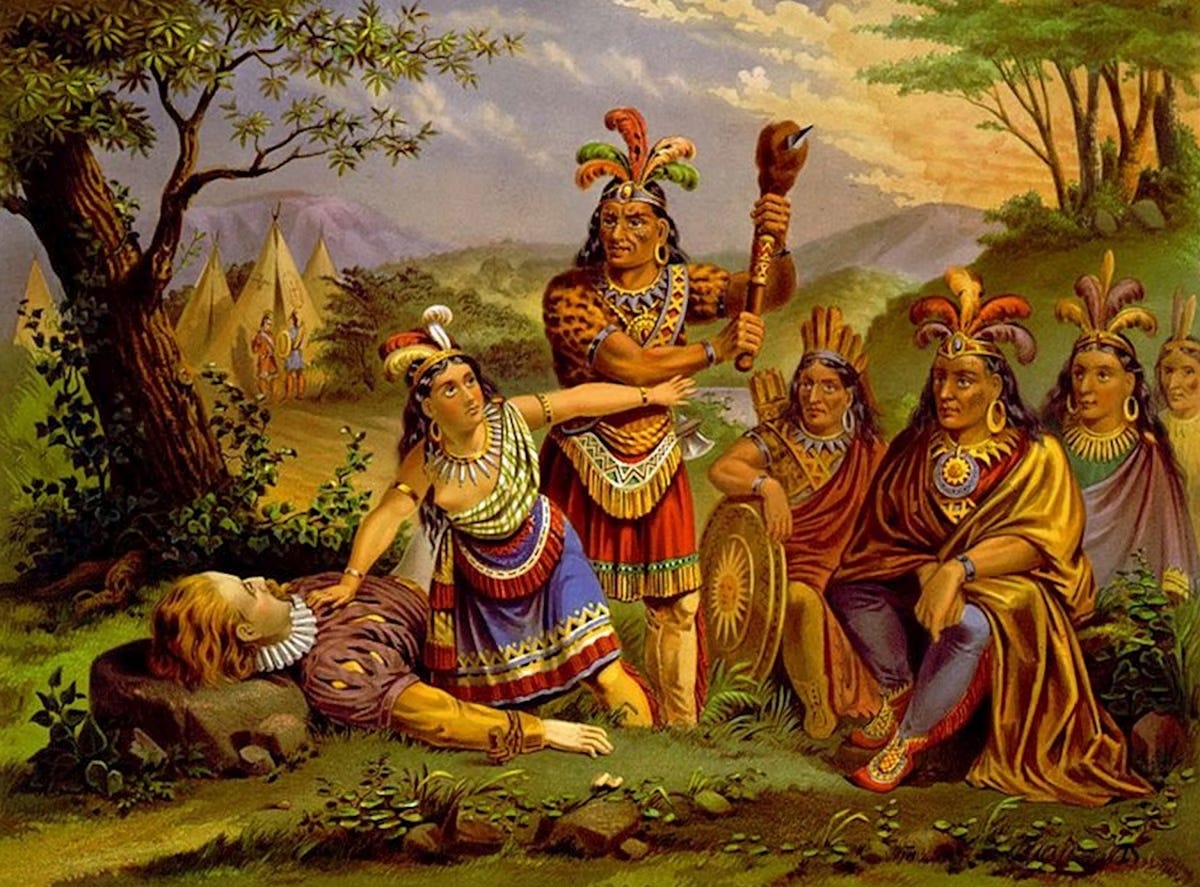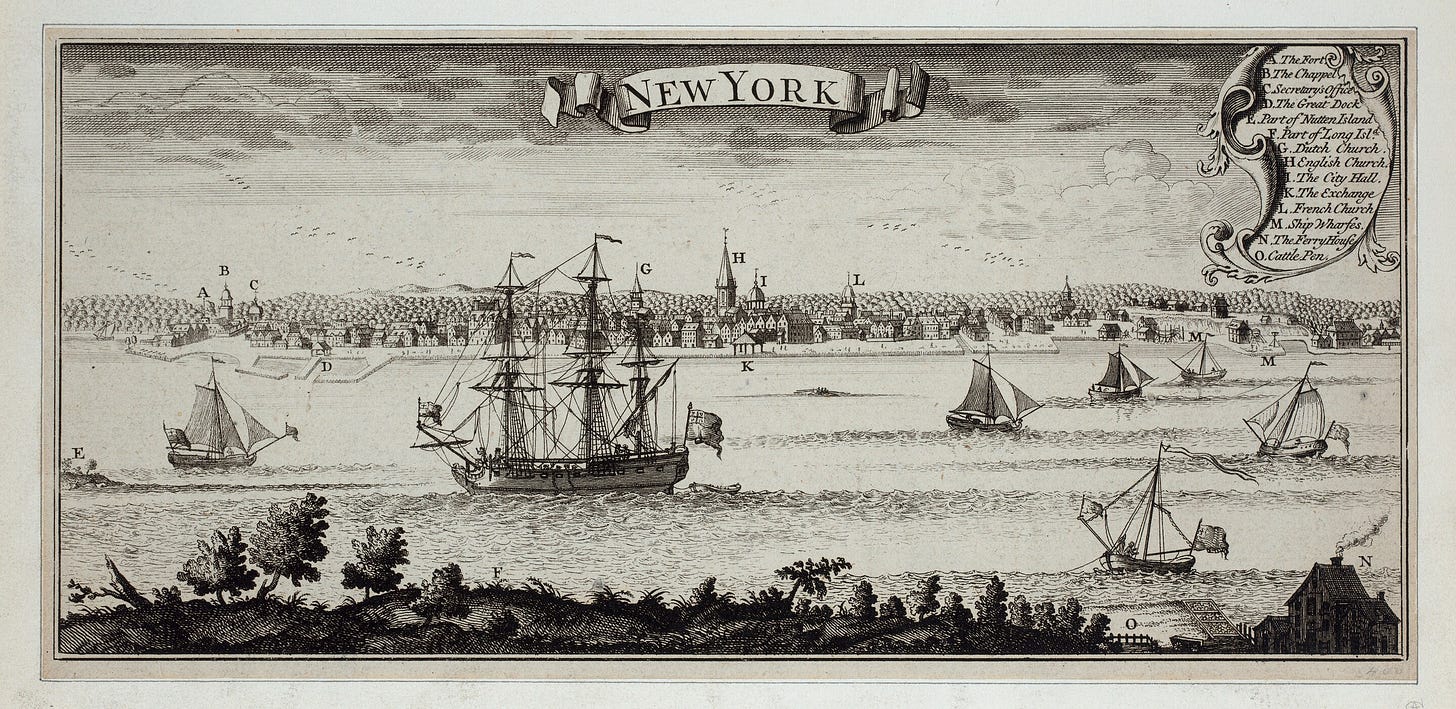March 31, 1889: French engineer Alexandre Gustave Eiffel unfurled a French flag from the top of the Eiffel Tower. At 330 meters (1,083 feet) tall, it was the tallest building in the world until surpassed in 1930 by the Chrysler Building in New York. Originally built for the Exposition Universelle, the tower is still the most iconic landmark of Paris.
April 1, 1945: The Battle of Okinawa began during World War II, lasting until June 22. Allied casualties were about 50,000 and Japanese about 120,000. Up to 150,000 civilians were also killed in the fighting.
April 2, 1513: Spanish explorer Ponce De Leon sighted Florida and claimed it for the Spanish Crown after landing at the site of present-day St. Augustine, now the oldest continuously-occupied city in the continental U.S.
April 3, 1860: Pony Express service began as the first rider departed St. Joseph, Missouri, bound for Sacramento. For $5 an ounce, letters were delivered 2,000 miles to California within ten days. Pony Express riders each rode from 75 to 100 miles before handing the letters off to the next rider. A total of 190 way stations were located about 15 miles apart. The service lasted less than two years until it was made unnecessary by the completion of the overland telegraph.
April 4, 1949: Twelve nations signed the treaty creating NATO, the North Atlantic Treaty Organization. The nations united for common military defense against the threat of expansion by the Soviet Union into Western Europe.
April 4, 1968: Civil Rights leader Rev. Dr. Martin Luther King was killed by a sniper in Memphis, Tennessee. King had championed non-violent resistance to end racial oppression and had been awarded the Nobel Peace Prize in 1964. King's efforts helped pass the Civil Rights Act of 1964 and the Voting Rights Act of 1965.
April 5, 1614: Pocahontas, the native American daughter of the chief of the Powhatan Confederacy, was married on this day, aged about nineteen. She married a planter named John Rolfe (not Captain John Smith, whom she is pictured “saving” above) and went to live in London with him. After meeting the King and having a son, she died of a European disease. Her young son returned with his father to Virginia.
April 6, 1712: The New York Slave Revolt of 1712 occurred when 23 slaves killed nine whites and injured six. More than 70 black people were arrested and 27 were put on trial. 21 were convicted and executed, twenty by being burned alive.











